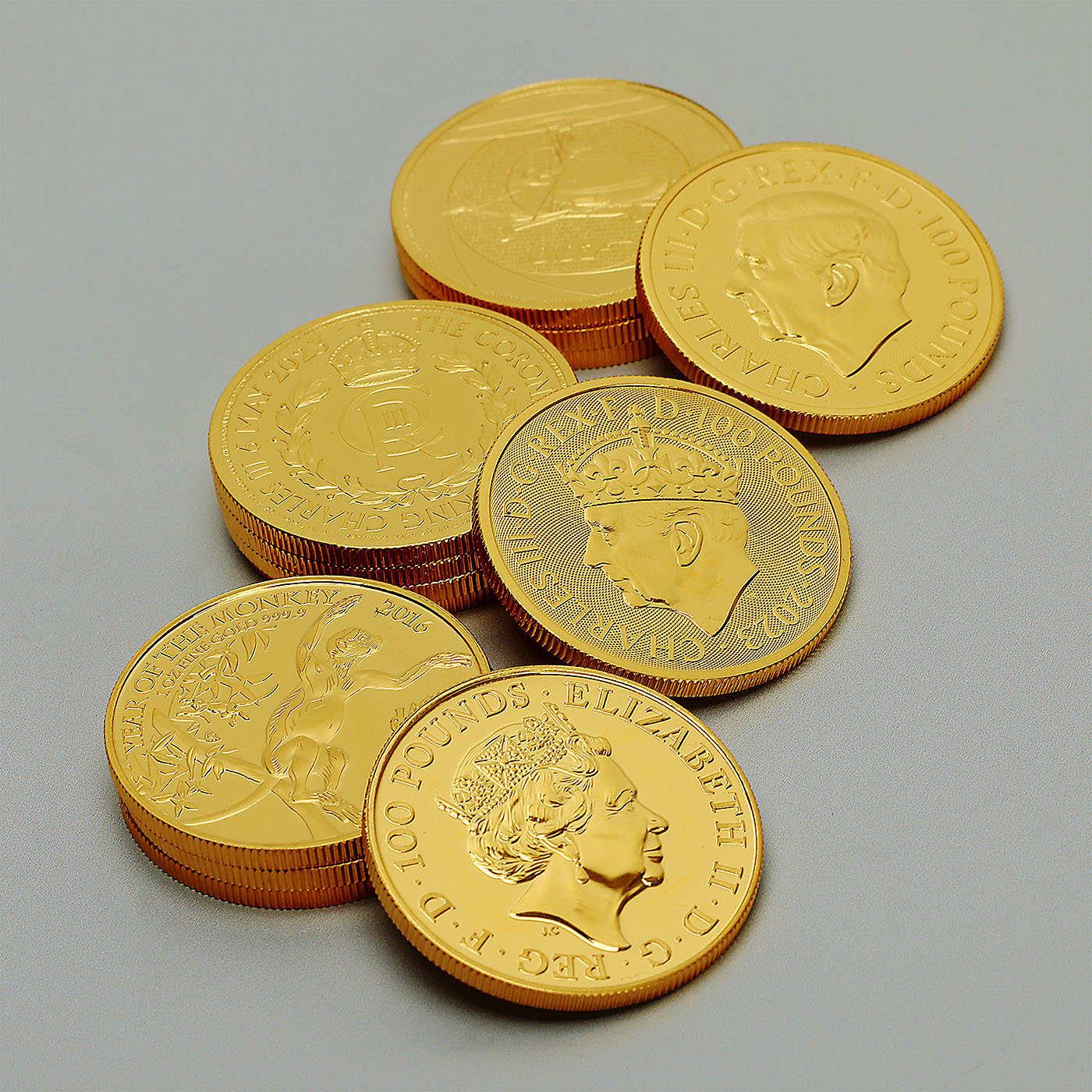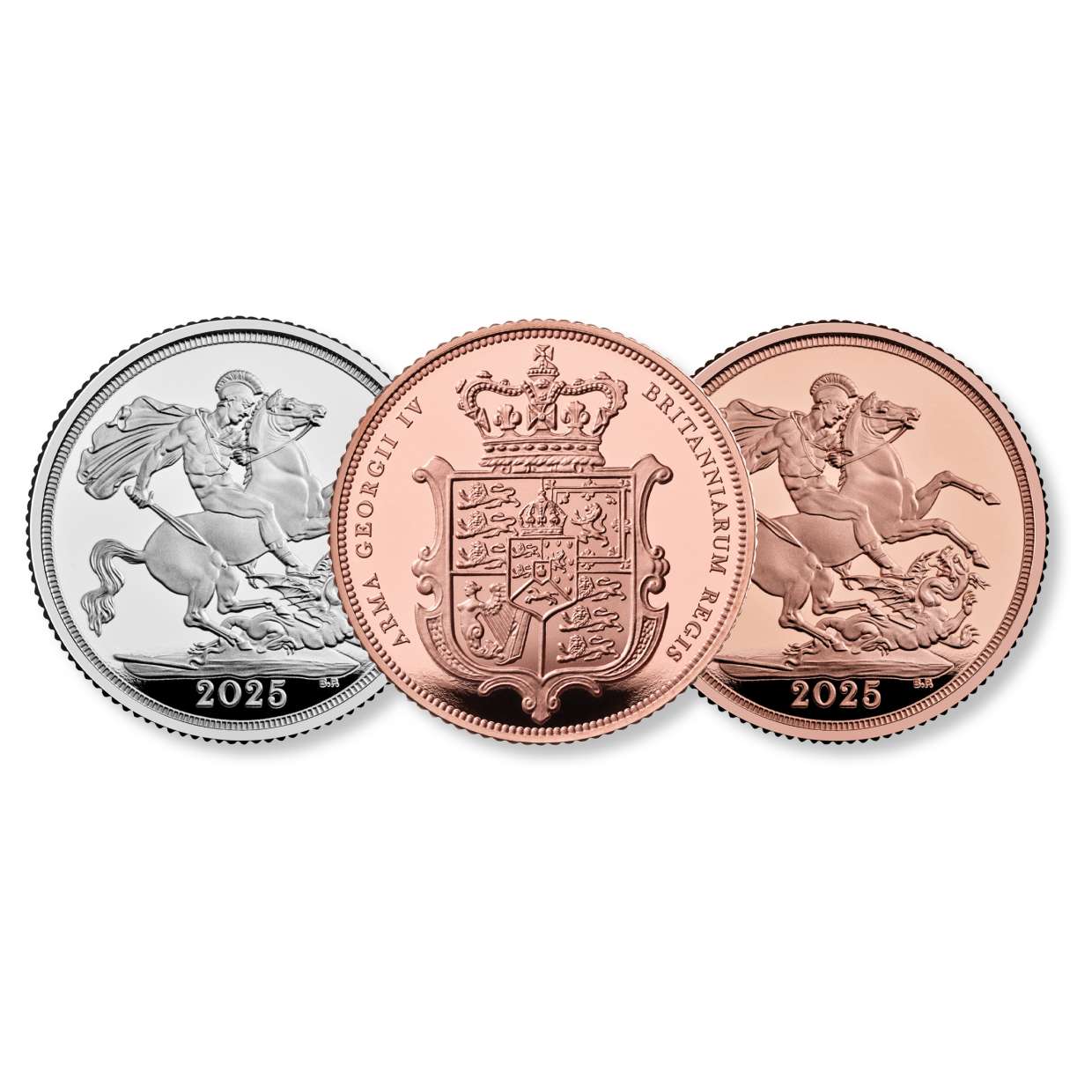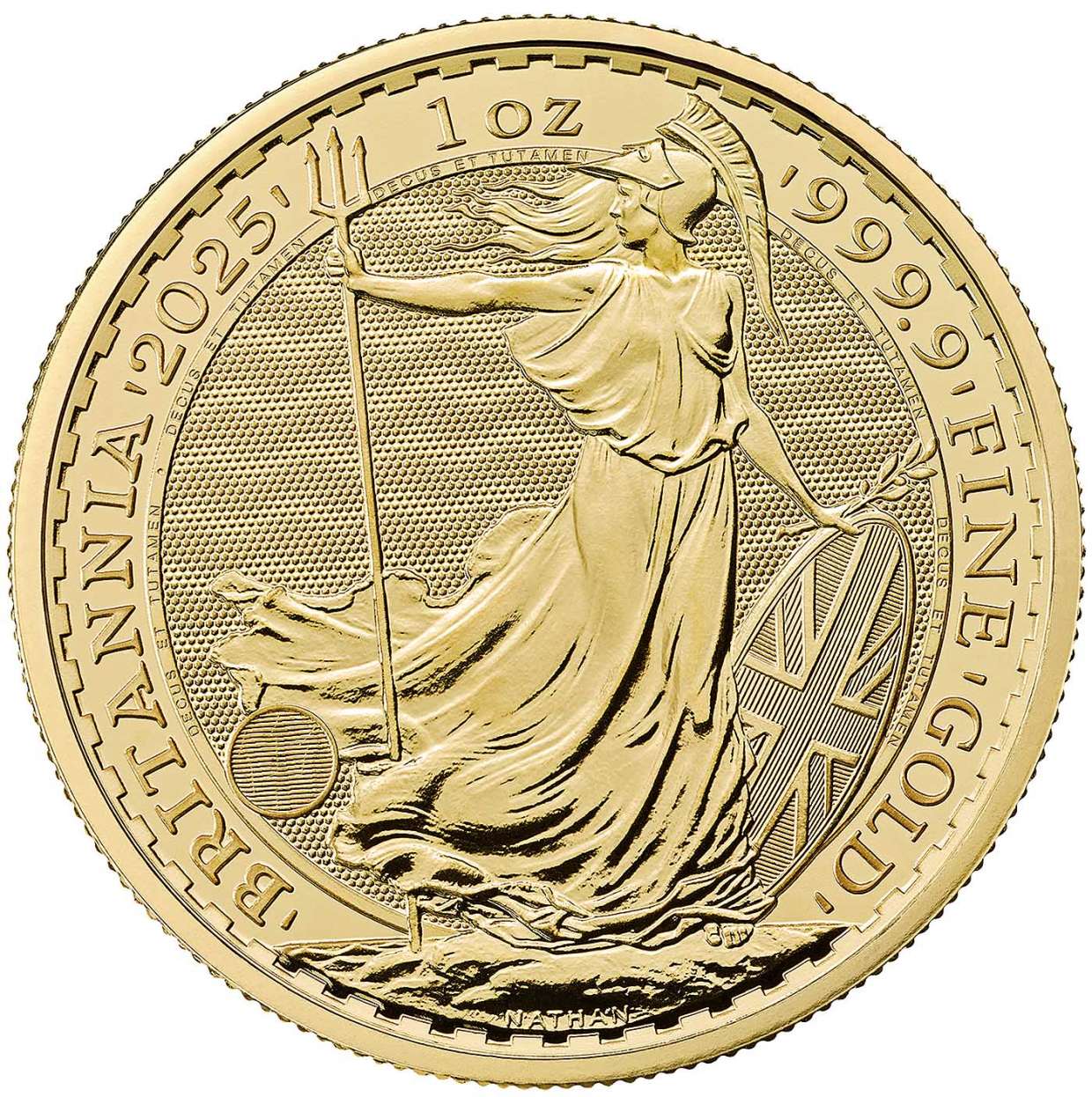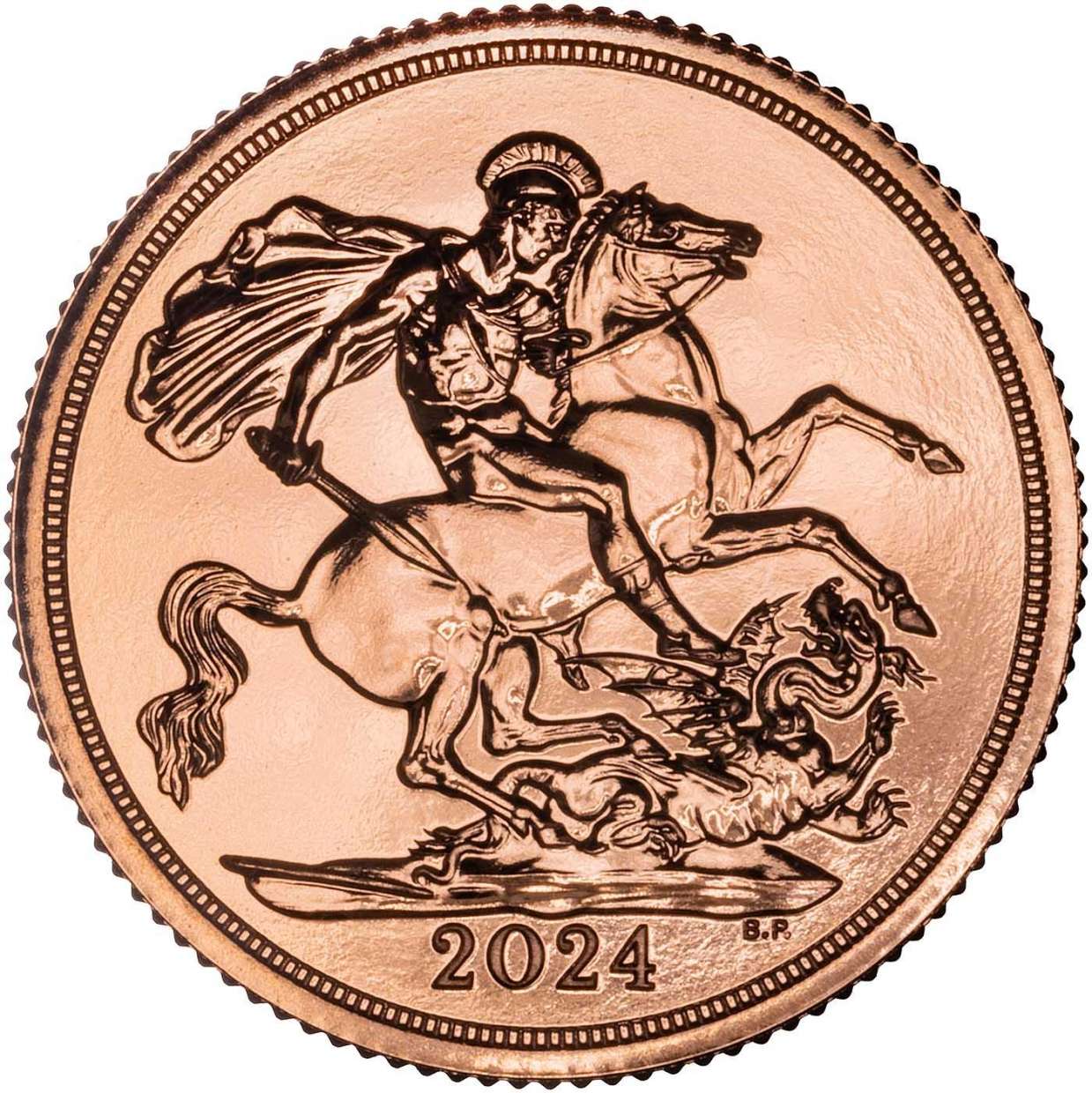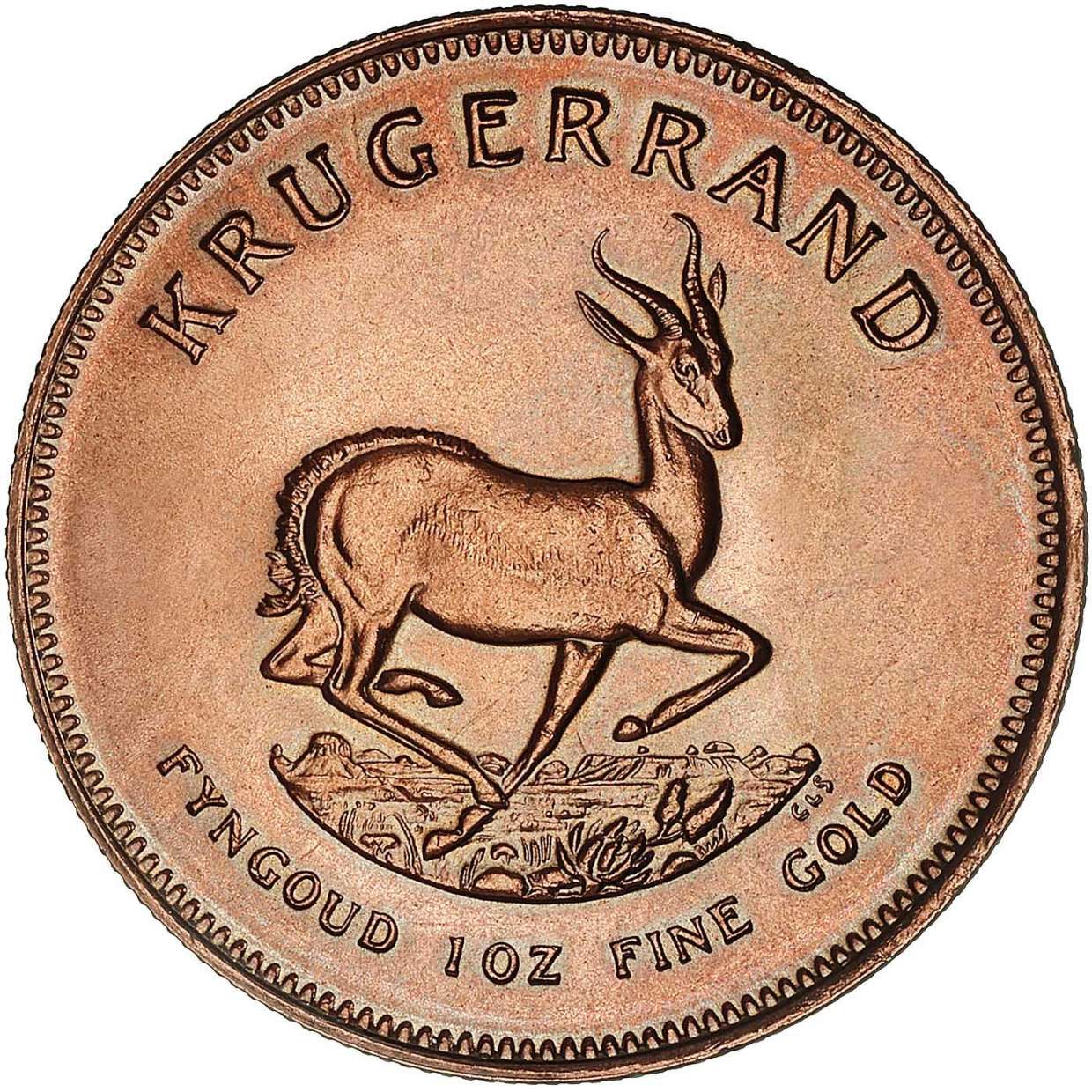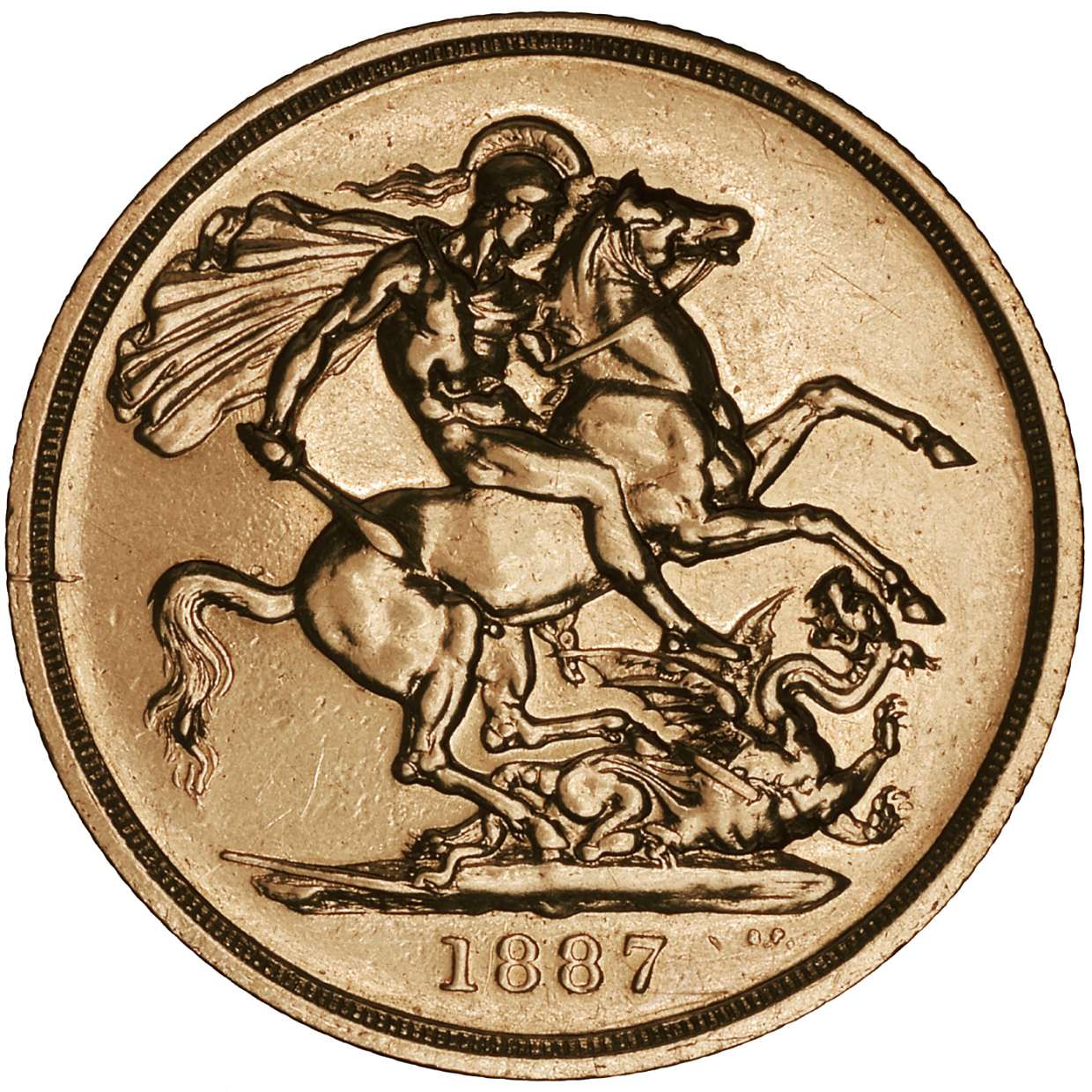Interest rates in the UK rise to 3%
Synopsis
A year ago, the Bank of England Interest Rate was 0.1%. Today it is 3%, the highest rate in 30 years. After the resignation of Liz Truss, and the failure of the 2022 mini budget (announced on the 23rd of September 2022 by the then chancellor Kwasi Kwarteng), we saw a new Prime Minster and Chancellor.
Rishi Sunak became the Prime Minister of the UK on the 25th of October and selected Jeremy Hunt as the new chancellor of the Conservative Party. Hunt announced the Autumn 2022 budget on the 17th of November 2022, in an attempt to combat the sharp increase in interest rates following the mini budget.

41 Year High Inflation in the UK £6,000
The Monetary Policy Committee (MPC) raised interest rates to help against the pressing inflation that the UK is currently facing. Before this the annual UK inflation rate was 10.1%, but has since increased to 11.1%, creating the highest level for 41 years.
Autumn 2022 Budget
On Thursday, 17th of November 2022 the UK government announced their plan to get £55 billion to restore Britain’s economic crisis, with reducing spending cuts of £30 billion and £25 billion in tax hikes. James Hunt was at the centre stage when speaking to Parliament about the new growth plan which focuses on taxation and spending, whilst ensuring that the most vulnerable are protected.
A few key outcomes of the Autumn 2022 budget were:
- Energy Price Guarantee - From April 2023 there will be a limit placed on households per unit of gas and electricity. It was quoted that the typical household in Britain will pay £3,000 per annum until April 2024, saving a total of £14 billion of government spending.
- Capital Gains Tax - The Capital Gains Tax allowance is set to be slashed from the current rate of £12,300 down to £3,000 in April 2023. It is set to be reduced even more to just £3,000 in April 2024.
- Cost of Living Payments - The government will provide households on means-tested benefits £900 cost of living payments between 2023 and 2024. Pensioners will receive an additional payment of £300 and people on disability benefits will receive an additional £150.
- Benefit Cap - The benefit cap will be raised by 10.1% and will see most households with families see their cap raised from £20,000 to £22,000 nationally.
- Tax Thresholds - The government announced a six-year stoppage on income tax thresholds, meaning a lowered top income tax to £125,140 from £150,000.
- National Living Wage - The living wage has been increased across the board and is expected to help over 2 million low paid workers.
- VED on Electric vehicles - From April 2025, electric vehicles must begin to pay VED (Vehicle Excise Duty) to ensure a fair tax contribution as they become a more popular choice for road users in the upcoming years.
Related Articles
This guide and its content is copyright of Chard (1964) Ltd - © Chard (1964) Ltd 2025. All rights reserved. Any redistribution or reproduction of part or all of the contents in any form is prohibited.
We are not financial advisers and we would always recommend that you consult with one prior to making any investment decision.
You can read more about copyright or our advice disclaimer on these links.








